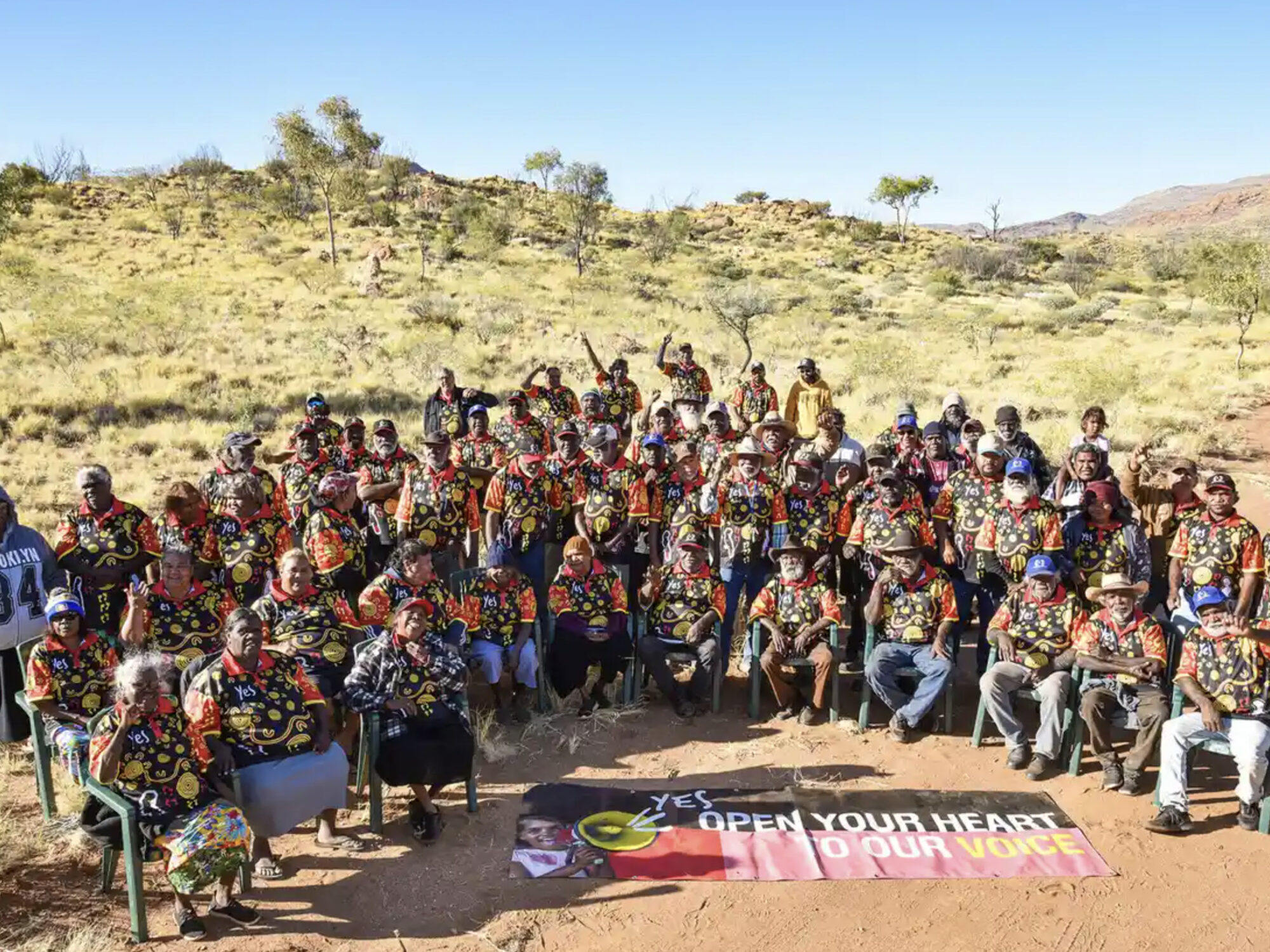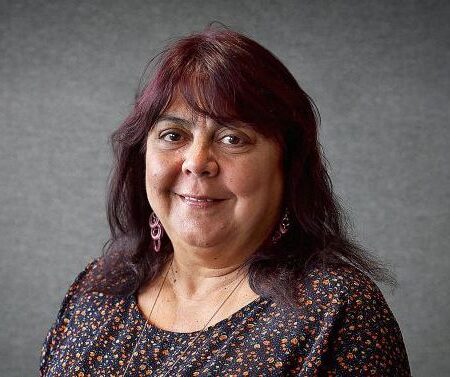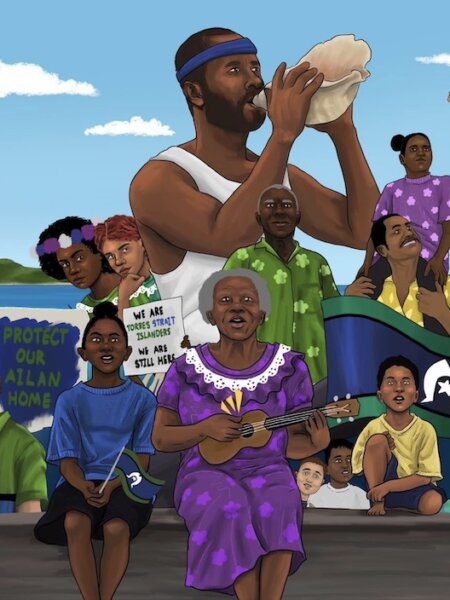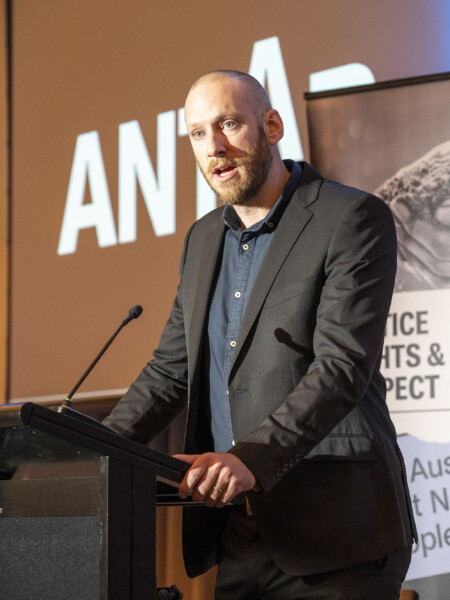A short Parliamentary Inquiry, which reported on 12 May, investigated the exact wording of the amendment. It also revealed, through the written submissions it received and hearings it conducted, what some significant First Nations’ organisations think about the change.
Of thirteen written submissions from Aboriginal and Torres Strait Islander organisations across the country, 12 supported the Voice. One wanted Treaty first, and so opposed the Voice for this and cultural governance reasons.
One supporter, the Northern Australian Aboriginal Justice Agency explained that the Voice would:
…break the cycle of intermittent national attention, promises of reform and lack of follow though.
As well as written submissions, at hearings the Inquiry held in Cairns, Orange and Perth, 14 additional First Nations’ organisations and First Nations-controlled local governments from those regions spoke strongly in support of the Voice.
What First Nations said to the Inquiry
The written submissions came from every mainland state and the Northern Territory – from the Torres Strait, the Kimberley and Cape York, through NSW to Victoria. The Northern Territory’s Central Land Council and Northern Land Council alone represent a total of around 80,000 people. Such organisations are accountable to their constituents and don’t take policy positions lightly.
The following reasons dominated the First Nations organisations’ submissions and the testimony of other organisations at the regional hearings.
First, the Voice would honour part of the call of the Uluru Statement from the Heart. As the Federation of Victorian Traditional Owners pointed out in their submission, it was the only form of recognition of Aboriginal and Torres Strait Islander people in the Constitution that had been endorsed through extensive dialogue.
And a Voice would be one way of contributing to the internationally recognised Indigenous right to self-determination and empowerment. A Voice could enable shared or joint decision-making. Organisations’ submissions reflected on past experiences where such joint decision making can lead to better practical outcomes for people on the ground.
For example, the 10 member organisations represented by Empowered Communities cited their experience in Inner Sydney, where they were now represented on joint panels and reviewed federal funding going to their area. In just the first year ‘more than half of the funding considered was found to be duplication and misdirection, an amount of $1.01 million out of $1.98 million’.
Another example, in NAAJA’s submission, is the 2018 Anindiliyakwa Land Council Local Decision Making Agreement with the Northern Territory Government. This transferred control over the justice system on Groote Island to the Land Council which now runs Indigenous-run youth diversion and outreach programs. By 2022, youth crime had dropped by 95% as a result of this change.
Submissions reflected on past decisions that had been made in Canberra, without consultation with Indigenous people, which had caused major problems in communities and failed to achieve the outcomes intended, such as the Northern Territory Emergency Response.
Dealing with concerns
Many organisations argued it was crucial that the wording relating to ‘executive government’ remained in the amendment, which the Inquiry has accepted. This means the Voice could talk to relevant public servants and ministers making program and policy decisions, not just the parliament. As various submissions explained, you can’t argue for practical results and yet restrict or remove access to the executive, because that’s where most of the decisions are made. Organisations also emphasised the importance of being engaged at critical early stages of policy and program development.
The submissions repeated many of the legal arguments put forward by expert legal witnesses, that the Voice proposal maintains the power of parliament. There would be no legal consequences if government or parliament failed to consider the Voice’s representations. Some such as NSW Aboriginal Land Council wanted greater accountability of parliament to the Voice than is being proposed.
Although geographic representation of these submissions and other witnesses was significant, a less rushed process may have broadened that further. The views of high profile individuals for and against the Voice, such as Noel Pearson and Warren Mundine, were heard at the Inquiry in Canberra too, but are well known and not the subject of this article.
There are many things about the Voice that still need to be addressed, such as its structure and who will be represented and how. Yet this is a potentially major step to finally enabling a permanent platform for First Nations people in this country to have a say in matters that affect them.
The legislation for the Referendum is now being debated in the Commonwealth Parliament and all Australians will vote in the referendum later this year.




